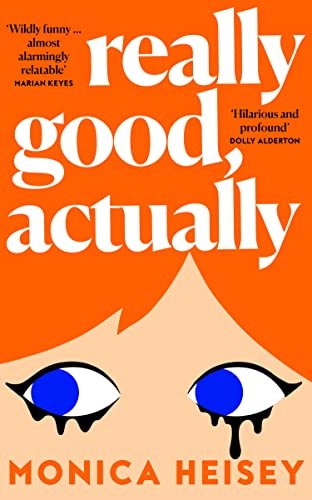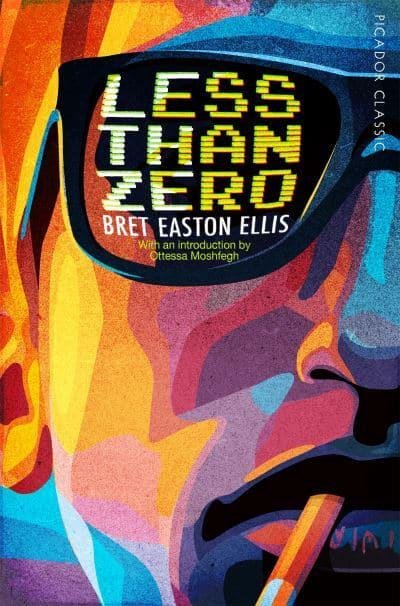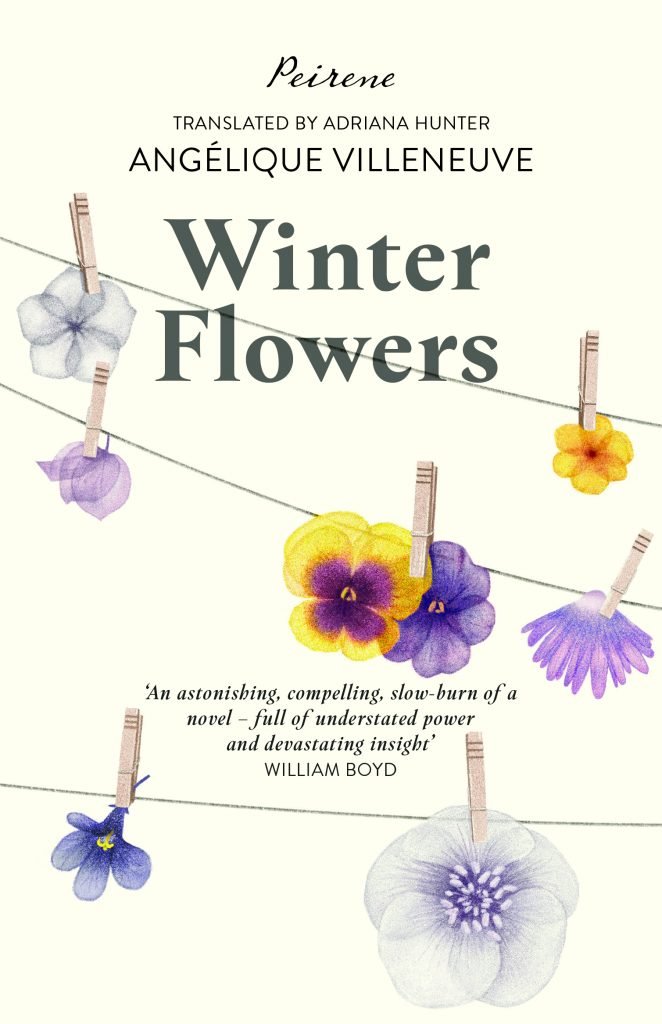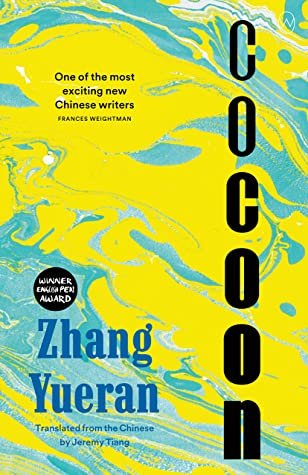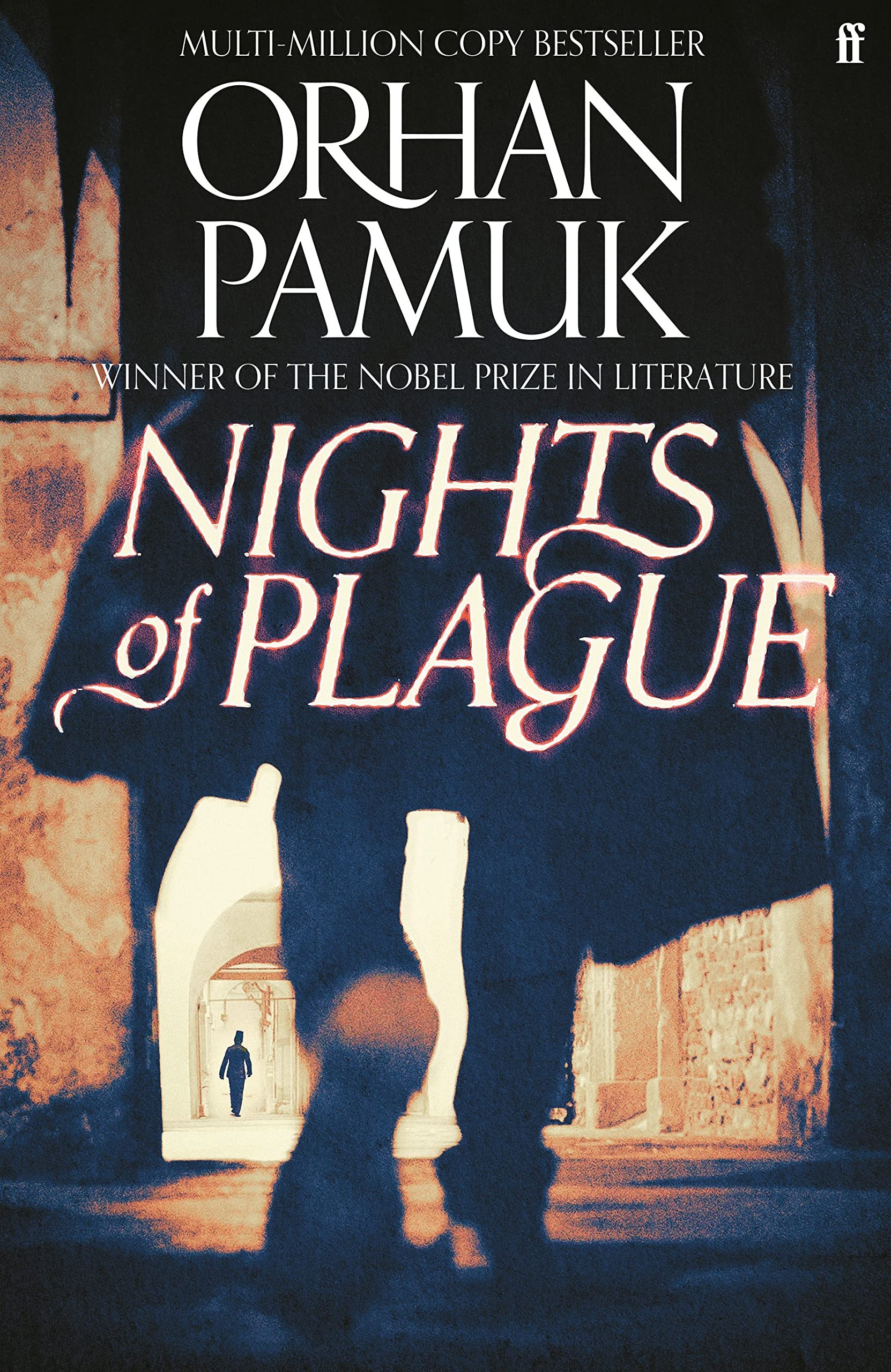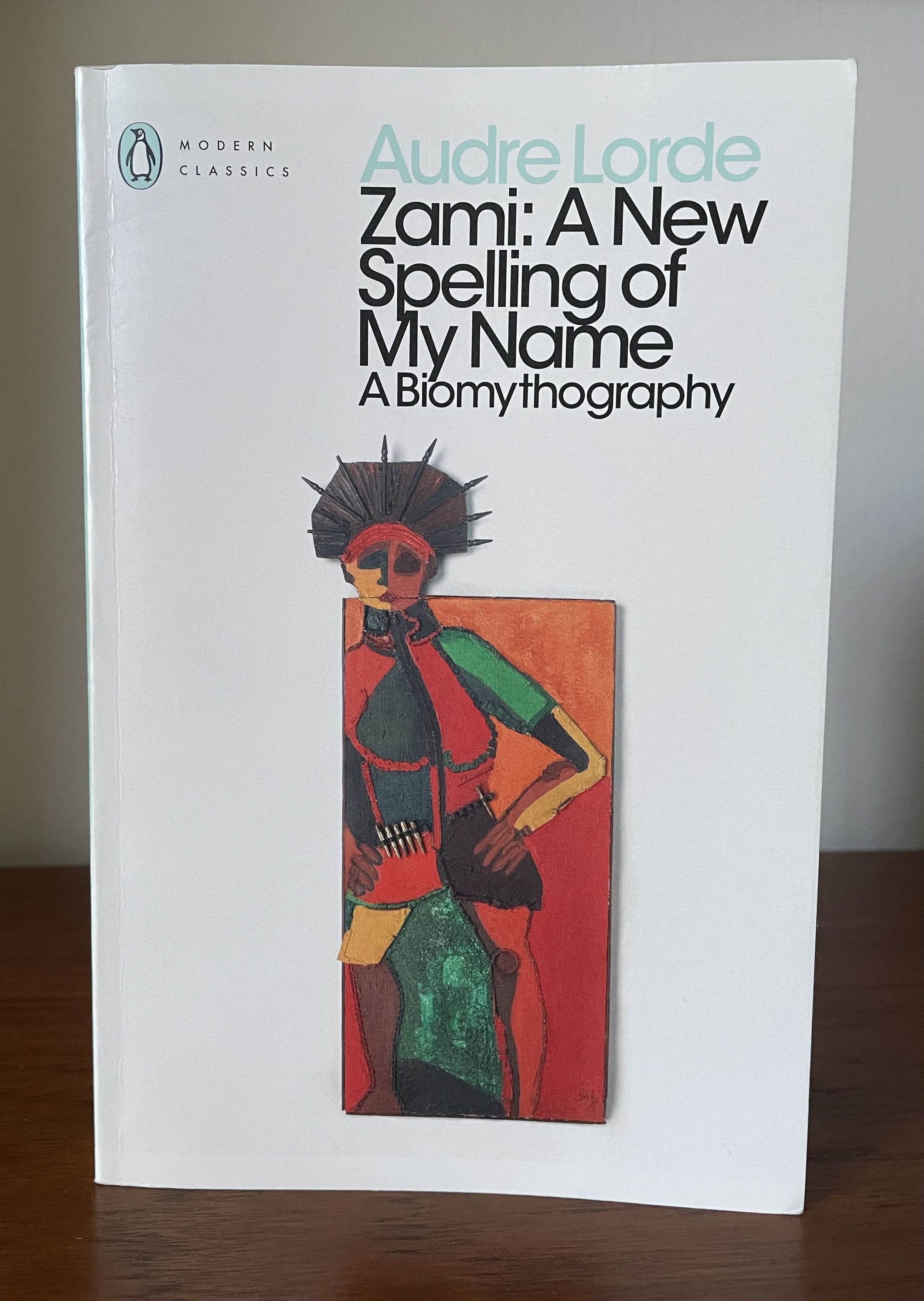Great coming of age tales are enthralling because we can all relate to the awkward transition from childhood to adulthood. However, they can also attune us to the challenges some face because of a particular individual's identity or circumstances. “Zami” draws on much of Audre Lorde's autobiographical experience to form what she calls a “biomythography”. It's a process of understanding and defining herself as separate from the ways in which she has been categorized by her circumstances and the way other people view her. We follow her piercing observations of the world around her being raised in Harlem through to her independence and early adulthood in the 1950s. She charts her journey towards being proudly “Black, female, gay and out of the closet” in a time and society with widespread racism, sexism and homophobia. With evocative and emotive detail Lorde captures the difficult process of establishing an independent state of being within the circles of family, friends, lovers, community and country. It also endearingly charts her progress towards becoming a great reader and writer.
The depths of loneliness Lorde felt being so different from those around her is powerfully related in celestial terms: “I grew up feeling like an only planet, or some isolated world in a hostile, or at best, unfriendly, firmament.” This intense sense of alienation is carried forth as she is sensitive to the hostilities of other people's opinions and the ways they look down upon her. It has a persistent physical effect upon her as she describes: “I could feel bands of tension sweeping across my body back and forth, like lunar winds across the moon's face.” This is such a clever way of framing her mental and physical state in her early years. By casting herself as a planetary body she shows how she is at once cognizant of her inherent greatness but also painfully aware of her distance from others.
There's so much powerful imagery from her childhood which brings this bygone era to life. From descriptions of her glasses which frequently broke to a briefly known playmate we come to understand the world of her youth through the things she valued the most. One of my favourite sections is about the West Indian pestle and mortar in her family kitchen. It's both a symbol of the Caribbean island her mother came from and a beautiful object which she attends to with an almost hypnotic intensity. Seemingly everyday items such as this are elevated to near religious significance when understood within the context of a household because it's what ties this family to a particular lineage, culture and history.
Lorde also deftly differentiates her understanding of her environment as a child from what she knows now viewing it in retrospect. For instance, there were occasions when out in public white people would spit at her but her mother explained it away as people who were simply careless. She realises that “My mother and father believed that they could best protect their children from the realities of race in america and the fact of american racism by never giving them name, much less discussing their nature.” So it was only through experience and her own rationale that she came to truly understand her position in this society as a black woman.
I appreciated how there are detailed accounts of her economic struggles as a young woman who found it especially difficult to find steady and decently-paid work because of the colour of her skin and her educational background. Gruelling experiences of working in a factory are described with such intensity. The paltry safety measures in place had to be ignored in order to produce the demanded workload leaving employees dangerously at risk to exposure or injury. However, one point I found it difficult to understand was her self-proclaimed lack of typing skills. She describes how with every move to new lodgings she made she laboriously carried with her a typewriter which she used to write poetry. Yet at every job interview she insists “I had never really learned to type” which closes many opportunities. I'm guessing she means she never learned how to type a certain amount of words per minute, but because this was such a barrier to finding jobs other than manual labour it seems strange she didn't teach herself to properly type while regularly using a typewriter.
It feels especially meaningful that even when Lorde is able to enter liberating spaces as a young woman she discovers there are barriers which prevent her from finding true happiness or being truly equal to those around her. She feels an instinctual desire to move to Mexico and there “Wherever I went, there were brown faces of every hue meeting mine, and seeing my own color reflected upon the streets in such great numbers was an affirmation for me that was brand-new and very exciting. I had never felt visible before, nor even known I lacked it.” Yet, such freedom is short lived as she must return to America. Also, when she gradually discovers a lesbian community she finds they are united in a belief that “as lesbians, we were all outsiders and all equal in our outsiderhood... It was wishful thinking based on little fact; the ways in which it was true languished in the shadow of those many ways in which it would always be false.” Lorde pointedly describes how there's still discrimination and aggression because of her blackness which is mostly unspoken because an oppressed community doesn't want to believe they are also capable of being oppressors.
An interesting stylistic choice of the book is how the linear story of her development is interspersed with short italicised sections. Earlier in the text these seem to be youthful poems and later on they become more narrative-driven to articulate her burgeoning understanding of the world. These poignantly add to the sense of her evolution as a writer and intellectual. It shows how her growth as a literary artist has been an ongoing process running alongside larger issues to do with family, work and lovers as “Writing was the only thing that made me feel like I was alive.” It's such a gift that Audre Lorde insisted upon documenting her experience and thoughts in this way for future generations. Jackie Kay, a contemporary writer I admire, commented that “I came across Audre Lorde's Zami, and I cried to think how lucky I was to have found her. She was an inspiration.” Reading this book is an enriching and wondrous experience.


